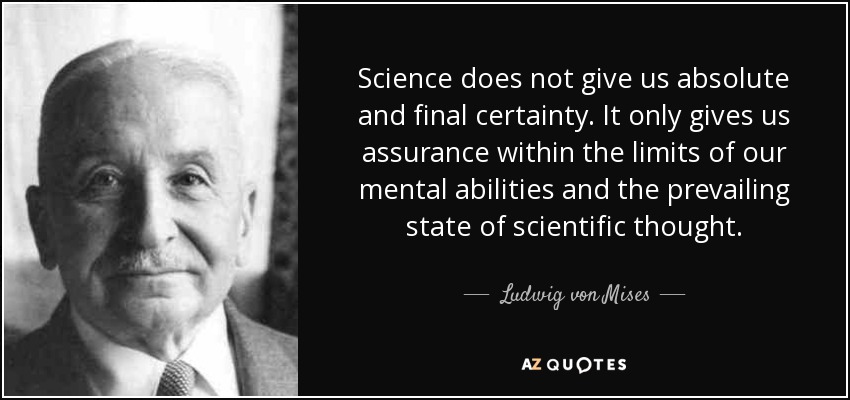Another important question: why study it, if it didn't give us chemists anything important?
I think it did provide something important, something that changes the way chemists do science.
Last November Lawrence Principe, historian and chemist at John Hopkins, received an award from the American Chemical Society. In his award speech he said something that I had never heard which I thought was marvelously true. He said that chemists repugnance for alchemy drove them to develop a form of empirical science that left no doubt that what chemists said was true, a radical empiricism that went beyond just demonstrating facts, but obliterating doubt. Chemistry got good at proving what they said by systematically removing every objection in an obvious way.
For example, when Glenn Seaborg synthesized (and thus discovered) neptunium, his report needed verifiable evidence that the new element could not possibly be any pre-existing element, so he reported 91 experiments to show that his new element was unlike any known. That's a lot of work. But he did it, in part according to Principe, in an effort to be certain.
Chemistry, more than physics, biology, earth science, any other science, goes to extreme length to remove doubt. Other sciences tend toward showing what they want to show, and leave doubts in their wake. Sometimes many doubts, and sometimes controversy arises because those doubts are so bothersome.
So what did alchemy give to chemistry? The burning desire to be certain. And when our measurements are not certain, we are experts at expressing just how uncertain we are as significant digits. No scientist worries over significant digits like a chemist.
The social implications are that chemists can be trusted in what they say. Except when a chemist abuses that trust to hoodwink the regulators, the public, or each other. But that's a different topic.
